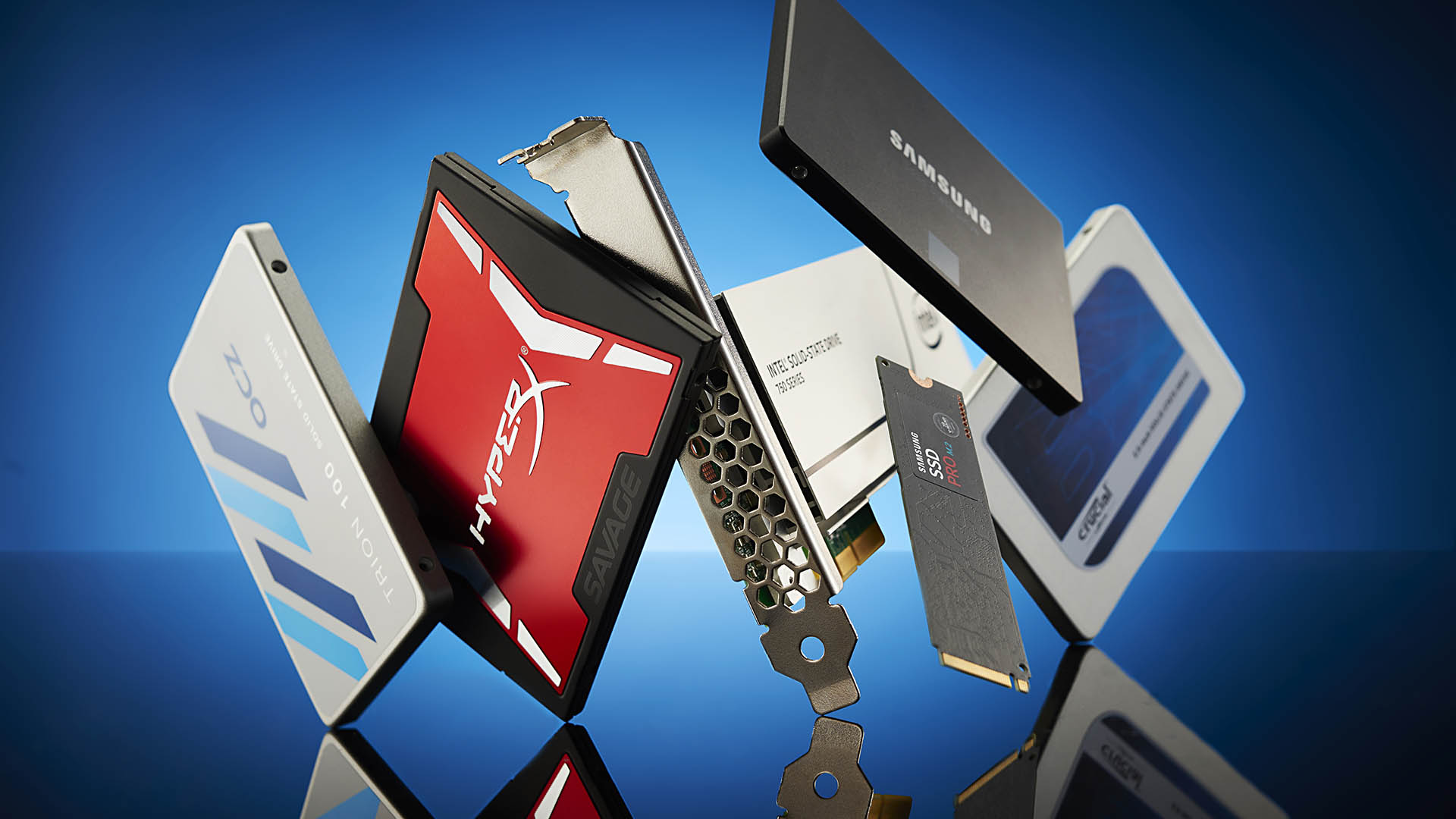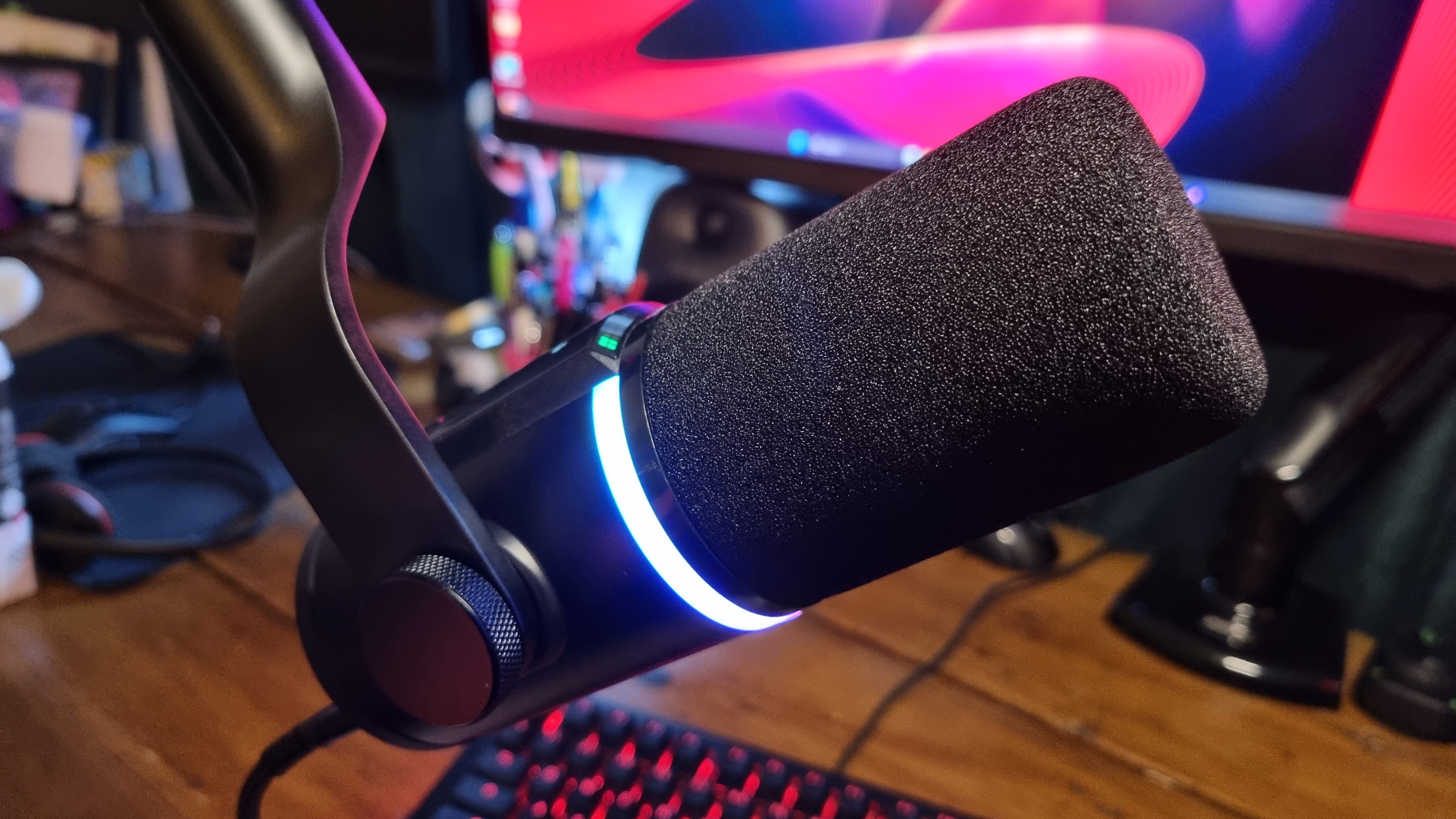Swedish teen's start-up brings us the most affordable VR full-body tracking ever
Some cheap and cheerful innovation for out-of-pocket VR enthusiasts.
Keep up to date with the most important stories and the best deals, as picked by the PC Gamer team.
You are now subscribed
Your newsletter sign-up was successful
Want to add more newsletters?

Every Friday
GamesRadar+
Your weekly update on everything you could ever want to know about the games you already love, games we know you're going to love in the near future, and tales from the communities that surround them.

Every Thursday
GTA 6 O'clock
Our special GTA 6 newsletter, with breaking news, insider info, and rumor analysis from the award-winning GTA 6 O'clock experts.

Every Friday
Knowledge
From the creators of Edge: A weekly videogame industry newsletter with analysis from expert writers, guidance from professionals, and insight into what's on the horizon.

Every Thursday
The Setup
Hardware nerds unite, sign up to our free tech newsletter for a weekly digest of the hottest new tech, the latest gadgets on the test bench, and much more.

Every Wednesday
Switch 2 Spotlight
Sign up to our new Switch 2 newsletter, where we bring you the latest talking points on Nintendo's new console each week, bring you up to date on the news, and recommend what games to play.

Every Saturday
The Watchlist
Subscribe for a weekly digest of the movie and TV news that matters, direct to your inbox. From first-look trailers, interviews, reviews and explainers, we've got you covered.

Once a month
SFX
Get sneak previews, exclusive competitions and details of special events each month!

Best SSD for gaming: the best solid state drives around
Best PCIe 4.0 SSD for gaming: the next gen has landed
The best NVMe SSD: this slivers of SSD goodness
Best external hard drives: expand your horizons
Best external SSDs: plug in upgrades for gaming laptops and consoles
Three Swedish teens have designed a full-body VR tracker for a fraction of the cost of other VR tracking devices, and it's up for pre-order now.
With the help of JA Sweden, a non-profit initiative for the promotion of student entrepreneurship, Anton Bill Månsson, David Möller and Mohammed Adigüzel founded Stonx. The company is right now in the late stages of design for the "Cookie-Body Tracking DK1," and the code is just being finalised ready for mass distribution.
With the DK1, we're looking at 120 Hz Refresh rate, sub-1cm accuracy and a 85×55 degree field of view. If you have a large space to play in, there's a range of 3m. And all this working seamlessly through Steam VR.
According to the FAQ, the kit's latency is currently at 3-5ms, and as for accuracy it explains: "While it's not as accurate as the Vive Trackers, it provides a lot better tracking than the Kinect."
The design is still under refinement and will continue to improve as the code is honed.
Currently, the 180 degree version comes with straps, a 3m extension cord, four trackers—which need no power whatsoever—and a Beacon that uses good old USB 2. The 360 degree version includes two Beacons and will track from all angles.
Including shipping to the US, the price is around $81 for the base product, and these are available for pre-order now on the Stonx store. Sure, you could grab a used Kinect for about $20, but these promise more accuracy—besides, this way you're supporting young start-ups and fueling the future of innovation.
Keep up to date with the most important stories and the best deals, as picked by the PC Gamer team.

Having been obsessed with game mechanics, computers and graphics for three decades, Katie took Game Art and Design up to Masters level at uni and has been writing about digital games, tabletop games and gaming technology for over five years since. She can be found facilitating board game design workshops and optimising everything in her path.


